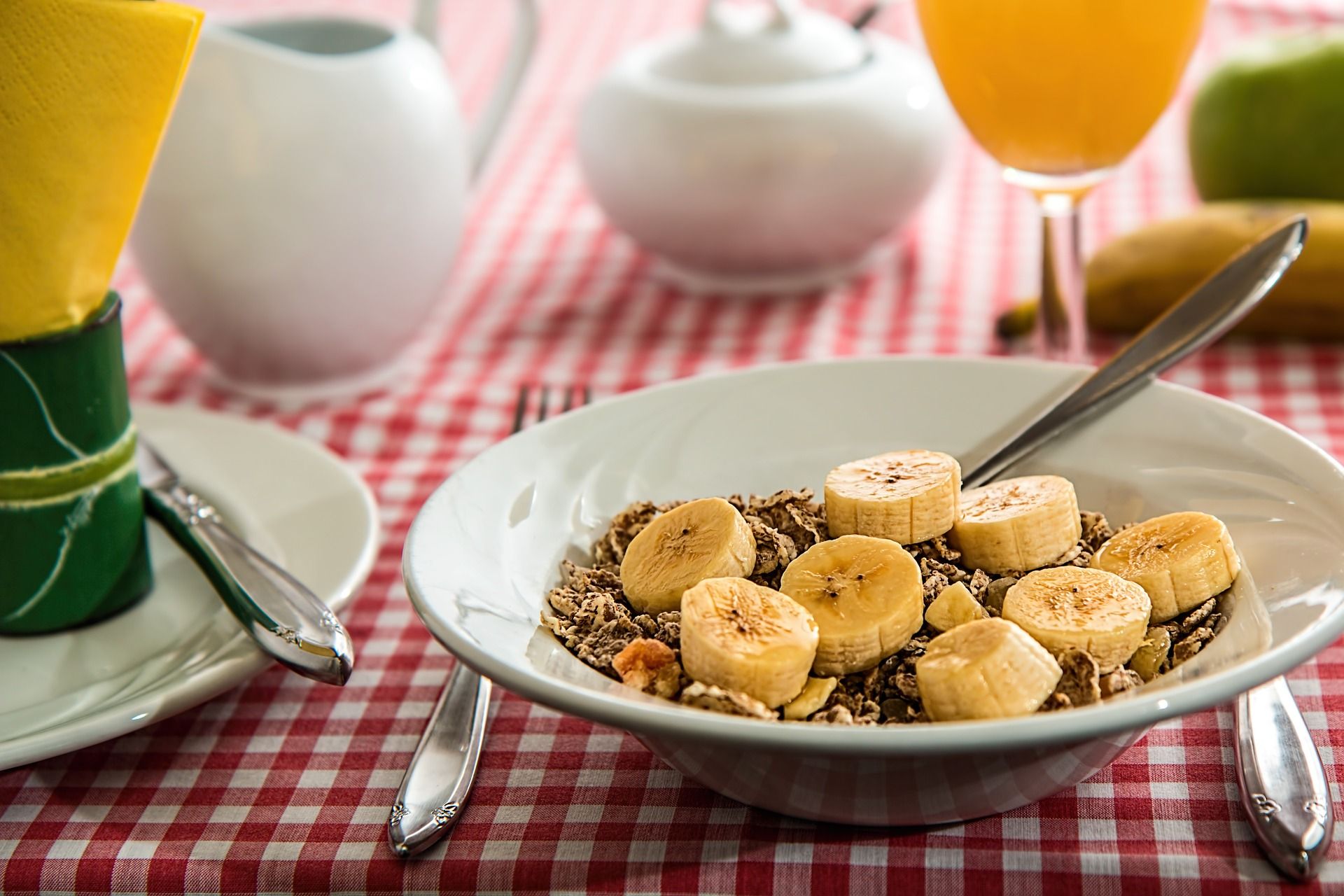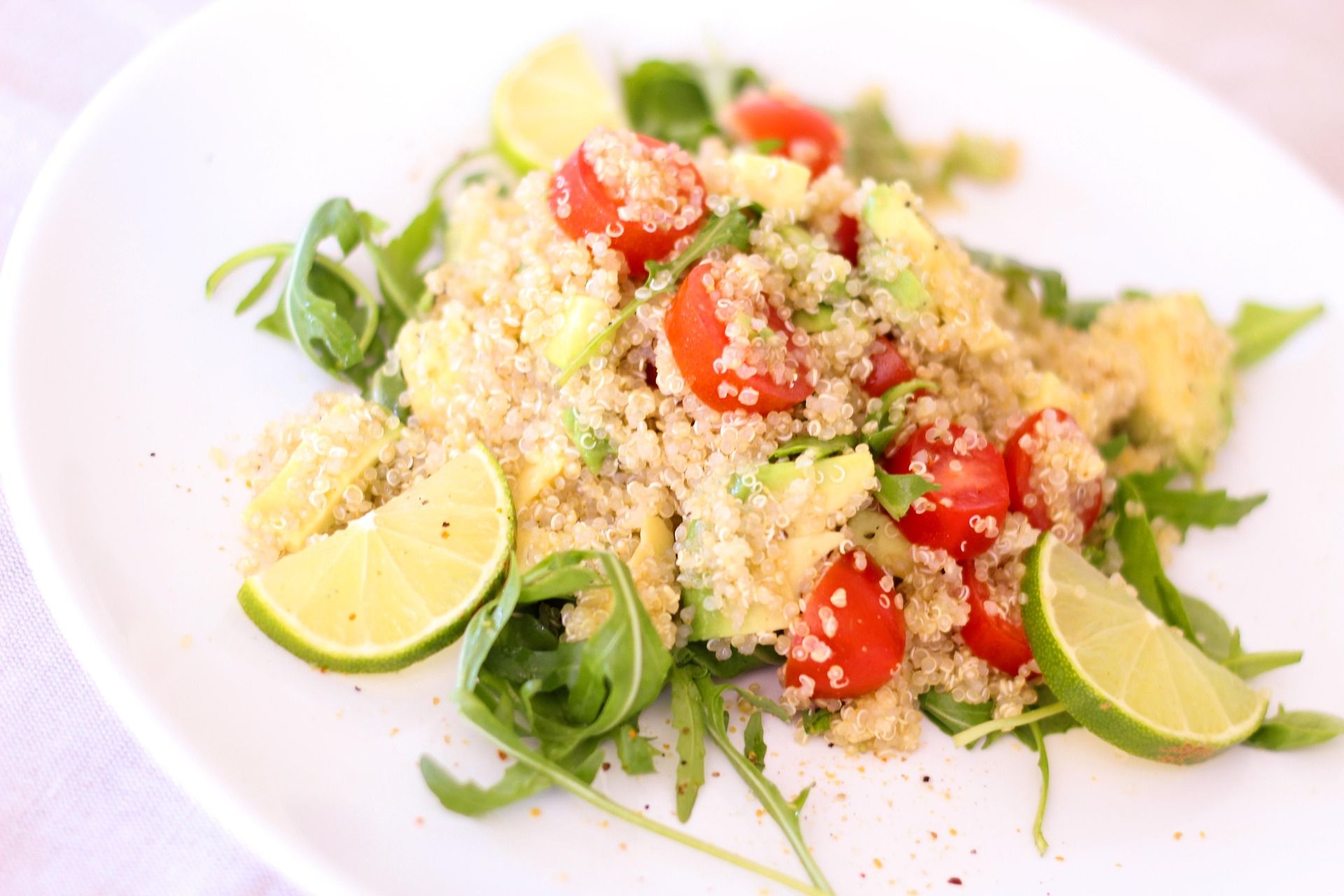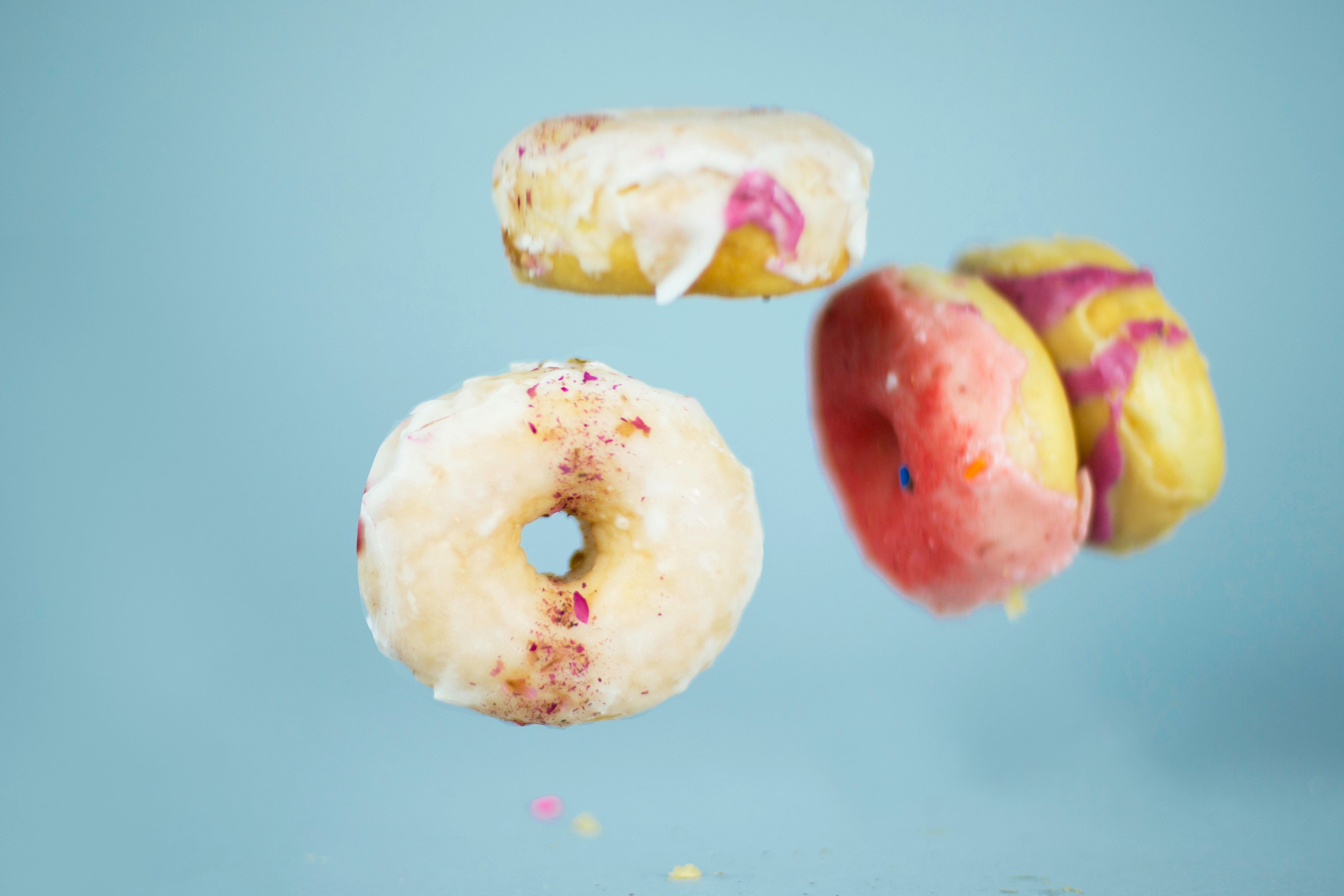They provide fuel for your body and brain, but many fear carb consumption leads to fat gain. Is this true? A top nutritionist has his say
Carbohydrates provide you with energy in two primary ways.
For your body, carbs fuel workouts through supplying muscle glycogen. The glucose from carbohydrates is also a predominant source of brain energy.
To see what the science said, JOE spoke to Amine Ould-Laib. Amine is a registered nutritionist with
Spoon Guru, a food search and discovery engine.
JOE: Will carbs make me fat?
Amine: "Carbs, fats or protein can make anyone fat if eaten in excess.
"This is all dependent on your energy intake and expenditure on a given day. If you eat more calories than you use up in a day, the remaining calories will be stored as fat, regardless of whether they come from carbohydrates, fat or protein.
"Carbohydrates are easy to eat in excess (one more biscuit wouldn’t hurt!), hence the notion has been developed that carbohydrates make us fat."

How much carbohydrate should I eat each day?
"According to the government’s
Eatwell Guide, about a third of our diet should consist of starchy carbohydrates from sources such as pasta, rice, bread and potatoes.
"A further third of our should be fruits and vegetables. This means around half of our daily intake should be carbohydrates from a variety of sources.
"It is important to remember the role of carbs in the diet. They are the body’s go-to energy source for daily activities. It depends on your individual lifestyle.
"Those who are more physically active during the day will generally need to consume more than someone who spends most of the day sitting down."
Are some carbs better than others?
"The Eatwell Guide recommends consuming a variety of foods to ensure a balanced intake of carbohydrates.
"The recent
National Diet and Nutrition Survey (NDNS) data shows that in the UK, we consume too much sugar and not enough fibre, so it would be wise for us to work on reducing our sugar intake and increasing the amount of fibre we consume in the form of whole grains, such as brown rice, wholemeal bread, wholemeal pasta, whole oats, quinoa and many others.
"Fibre has many benefits including keeping us fuller for longer, nourishing our natural gut bacteria, and even reducing the risk of bowel cancer."

What carbs should I eat before the gym?
"The only time where it may be better to consume a more rapidly digested carbohydrate may be after a workout.
At this time glycogen stores are depleted, so any carbohydrates consumed at this time will go straight to replenishing muscle glycogen. So if like me, you’re tempted by a Krispy Kreme, your best bet is to have it straight after your gym session."

How should I structure my diet around training?
"For the most part, training sessions that are less than one hour in duration needn't be fuelled by peri-workout nutrition (intra-workout food and carbs).
"This is because the body stores of glycogen are enough to last this long. For these individuals, a meal containing carbohydrates should be consumed around two-three hours before working out.
"Many competitive athletes however, such as powerlifters and strongmen, train very intensely for longer periods of time, rapidly depleting their glycogen stores.
"It may be useful for these individuals to consume a carbohydrate source (such as maltodextrin) during their workouts. The ideal amount of carbs to consume in a drink to not adversely affect hydration is 6g of carbohydrates per 100ml water, like isotonic sports drinks."





